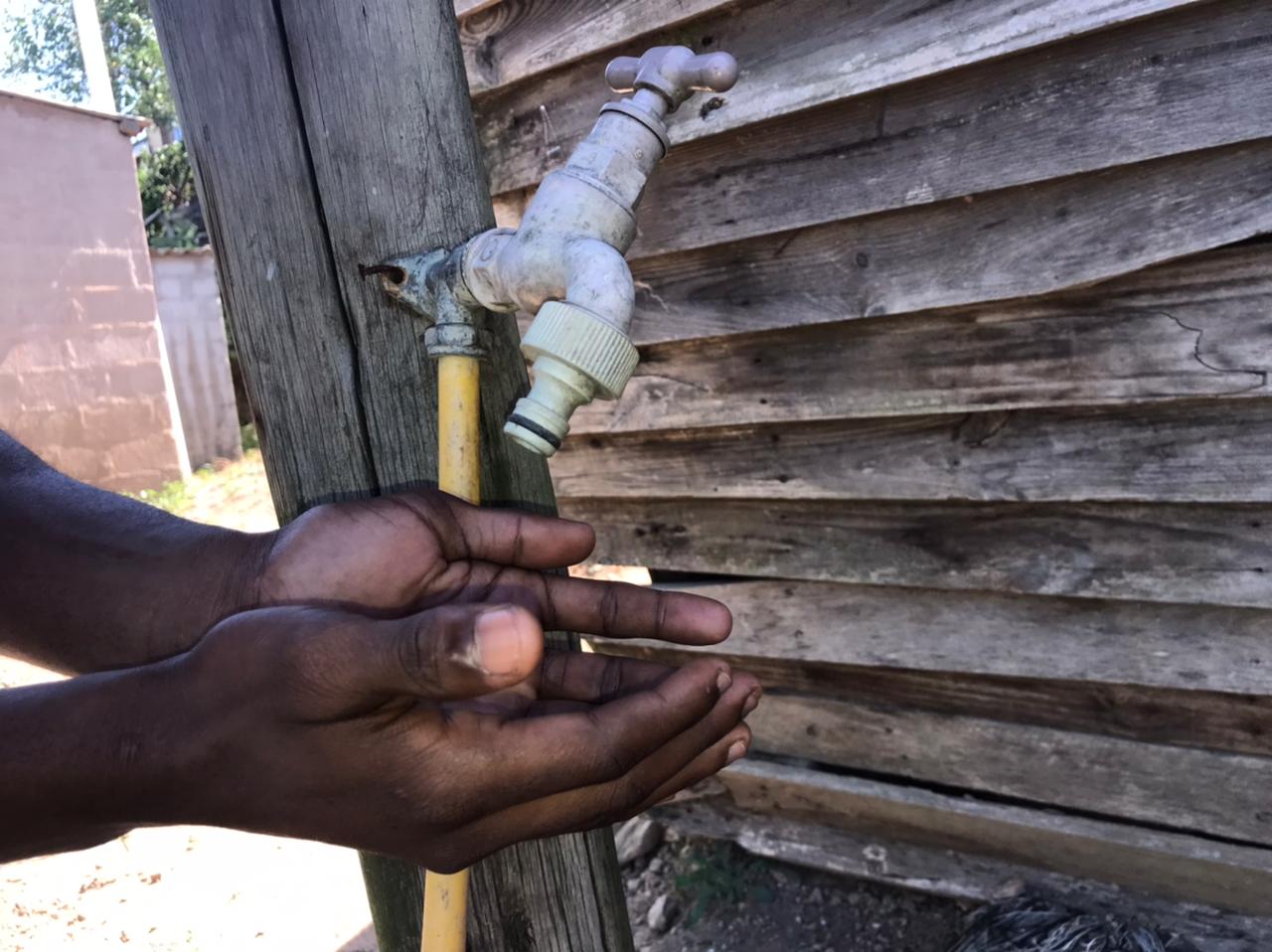Being A Woman & A Street Vendor
By Nothando Luthuli
Research states that the informal economy provides a living, employment and an income for 2.5 million people in South Africa. It is estimated that one million people of this 2.5 million are street vendors, and 90% of them are women.
Reports such as the WIEGO's 2012 Informal Economy Monitoring Study (IEMS), stated that street vendors are a major contributor to the strengthening of their communities. They strengthen their communities by providing household incomes, by creating jobs for people who would otherwise not be able to get jobs in the formal economy, by sometimes contributing to the safety of their communities and by being a source of revenue for their cities.
 |
| STREET VENDOR - JUDITH LANGA |
Some of these street vendors are people like 73 year old Fikile Mnikathi who put her three children and her late daughters two children through school and university, with the money she maked from doing alterations, and selling bath salts and sweets.
“I put my three children and my grandchildren through school. I also put them through university with this work. The one graduated at the Mangosuthu University of Technology in merchandising. The second one was at Boston College and graduated in Business Management” said Mnikathi proudly.
 |
| FIKILE MNIKATHI |
Lulama Jadu, through cooking hearty meals in her little red container, looks after her whole family as the sole breadwinner and also provides for her children in university.
“I take care of my family and I help my children in university with money”, said Jadu.
While women who are entrepreneurs in the informal sector make a substantial contribution to the well-being of society, they are denied decent and easily accessible toilets.
The Economic Freedom Fighters head of gender in KwaZulu Natal, Ncamisile Khawula, says that while there are toiles for men throughout places of trade, there are none for women. She says that often the women have to go far to go find a toilet or pay at nearby shops to use their facilities. This makes them vulnerable to theft.
“A challenge they face as women is that they don’t have toilets but there are standing toilets for males. The women feel excluded by the government because it does not accommodate them. When they need the toilet they walk far and have to leave their stock unattended. It could get stolen”, said Khawula.
It is also a norm is South Africa for street vendors to be harassed by the police for not having permits. This scenario is often one that leaves the vendor with not just a financial loss but with a loss of dignity as well.
 |
| THEMBI XULU Thembi Xulu (68) says she often has to duck or run away from the police because her permit is not up to date. |
“The problems that we face are that law enforcement comes looking for permits that we don’t have because we cannot afford them. Ever since COVID19 there isn’t much work, business isn’t doing well”, said Xulu.
The secretary of the Congress of South African Trade Unions (COSATU) in KZN, Edwin Mkhize said there is a great need for a change in municipal bylaws to improve the working conditions of street vendors.
“There are so many challenges that they are facing. In the main is the challenge of the bylaws by the municipality. Most of the bylaws are not favourable to street vendors, especially emerging ones”, said Mkhize.
 |
| LULAMA JADU |



Comments
Post a Comment